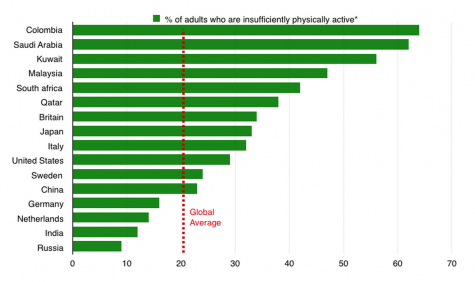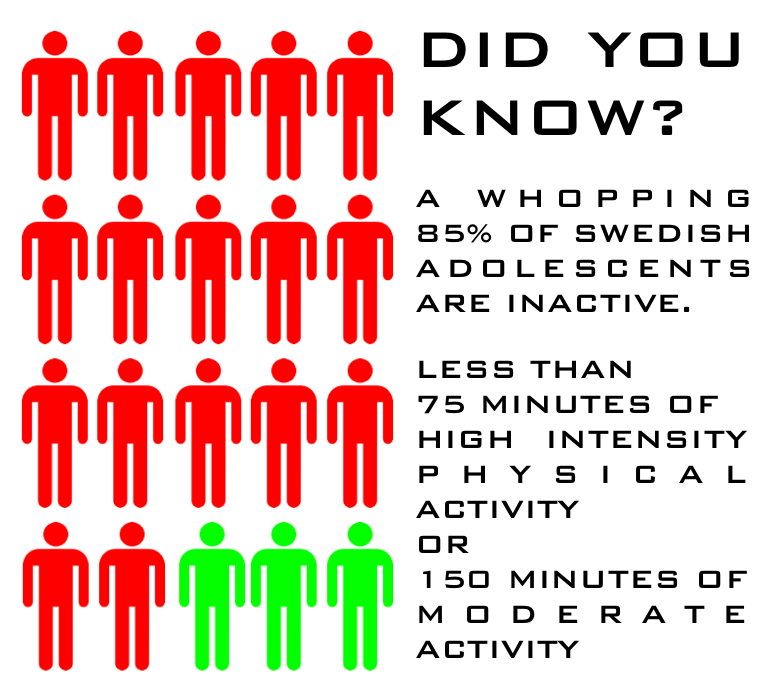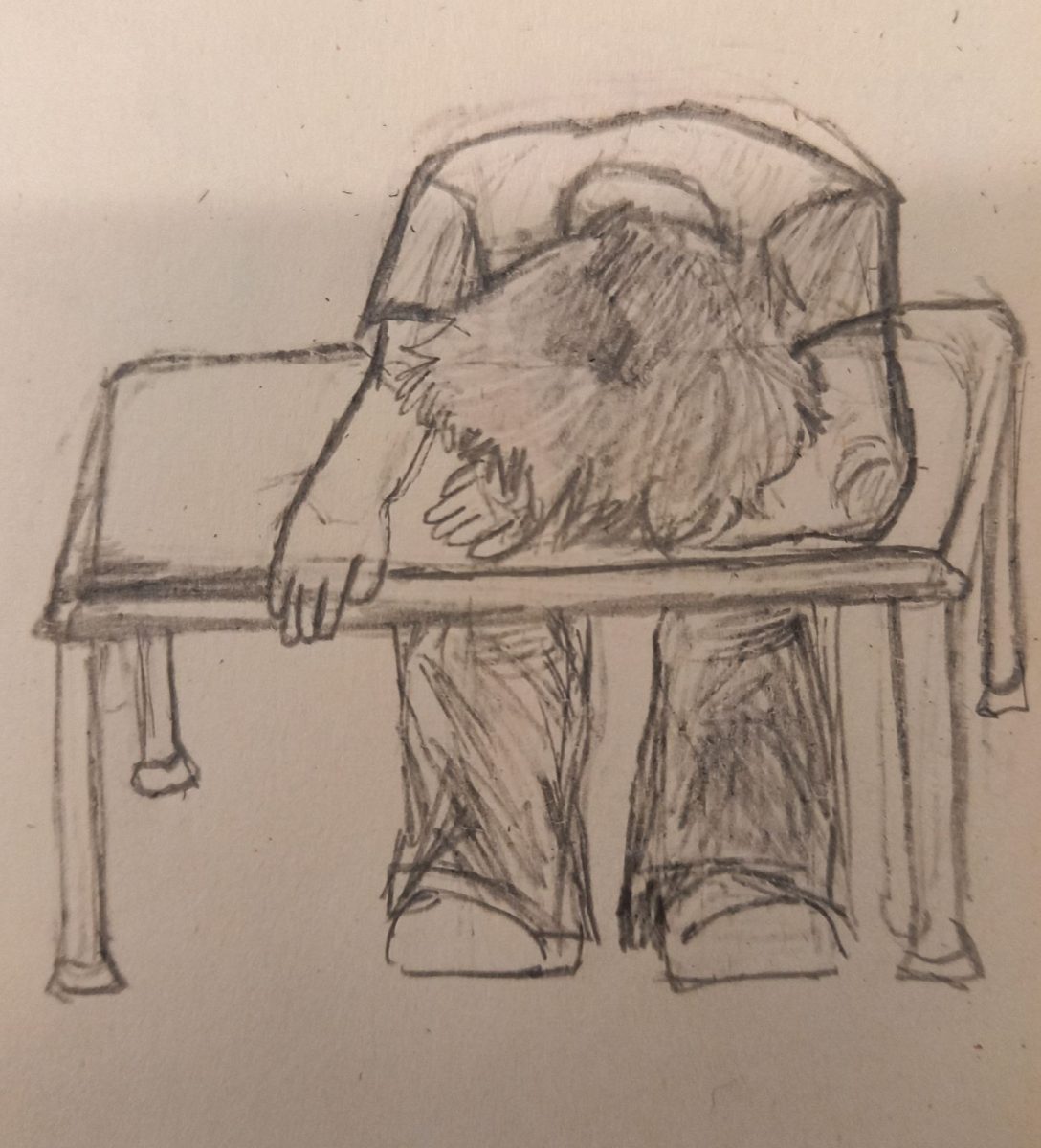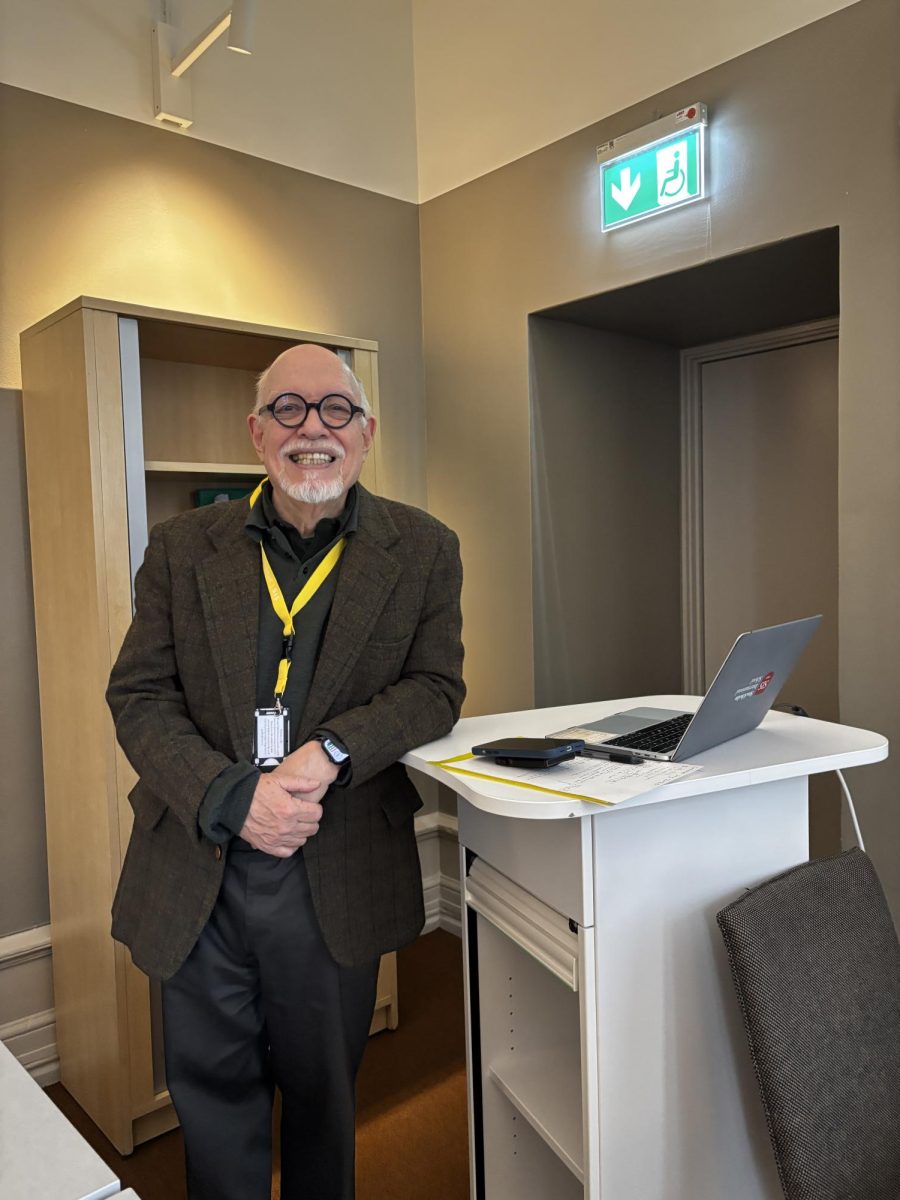SIS Health Week – The Week Against Weakness
October 1, 2015
 “Oh, is it health week again?” is what most of us would say. We think to ourselves, “Hmm, it’s that time when we get to skip a day of school to go jogging,” but do we actually look into the greater significance and importance of exercise and a healthy lifestyle?
“Oh, is it health week again?” is what most of us would say. We think to ourselves, “Hmm, it’s that time when we get to skip a day of school to go jogging,” but do we actually look into the greater significance and importance of exercise and a healthy lifestyle?
What is the world health situation, and how does SIS fit into it?
Week 38, SIS has been motivated to stay healthy; encouraging and helping students understand the benefits of exercising regularly and boosting their mentality within a healthy body.
“My plan for Health week involves three jogging sessions and two on the bike.” – Mr. Forsen
Health week doesn’t only involve exercising. Being a healthy student involves being balanced in all different ways.
Having a healthy food habit doesn’t mean eating less, just better. Our bodies need protein, fat, and carbs to stay energetic. It’s better to eat nutritious foods than go on a diet because our body does need some of the unhealthy wants, but not too much.
Staying hydrated is also important because our bodies need water to regulate heat and cleanse themselves. The amount of water you should be drinking really depends on how active you are. To keep yourself really updated try to always have a water bottle incase you get thirsty.
Vitamins and minerals play just as big of a role as any other factor to keep yourself healthy. For example, vitamin D helps absorb calcium to strengthen your bones.
Finally sleep is very important: students are encouraged to sleep at a minimum of 7 hours per day. Lack of sleep can lead to a higher risk of diabetes, and heart diseases. So make sure you head to bed early!
We can see that SIS is trying to promote a healthy lifestyle, but why? A healthy lifestyle is correlated to almost all positive indicators in an individual and a society.
As an individual, it increase your life expectancy, it reduces the risk of different diseases such as heart disease, which comes from insufficient exercise and an unbalanced diet. Moreover, exercise and a good diet have some unexpected effects, that are not so commonly mentioned.
Exercise makes you more intelligent. The extra oxygen and nutrients your brain receives during the increased blood flow during exercise builds up extra neurons. So, for those people who say, “exercise is for braindead jocks,” think again. If not for yourself, do it for society.
Treating preventable diseases puts an enormous strain on your country’s healthcare system.
Lastly, although this is not easy to quantify, exercise improves your self esteem. If you exercise you have a feeling that you are moving forward and improving yourself. Plus, of course, there is the opposite sex attraction factor.
The state of the matter is that, we all know exercise is good, but the world has still not acted upon that. In fact, the world health situation is grimmer than one might think. According to statistics from The Economist, in Sweden, over 85% of adolescents are insufficiently physically active.
Therefore out of 20 students, the average SIS class, only 3 of them would be sufficiently physically active.
For adults the situation is better, since they need less exercise than adolescents who are physically and mentally developing.
There is also evidence to support that overall our diet should be improved. When it comes to diet, the ones that are the most at risk are lower income households. Cheaper food is often unhealthy food. Organic food, meat and fruit are much more expensive than fast food and bread.
In many countries in Europe after the economic crisis, household incomes dropped, but spending on food as a percentage of household income stayed the same, which means that less was being spent on food.
Whether you just want to improve your own life, or look at the bigger world picture, exercise and a healthy lifestyle are invaluable. That is what SIS is trying to promote, and to get its students to promote. If you have a healthy lifestyle others will follow your example, and just by helping yourself you will become a role model. On the other hand, if you develop bad habits now, they will likely follow you into adulthood, and be passed onto your kids.
“I hope to see students get involved in activities outside of school, which is the goal of health week!” – Mr. Forsen
SOURCE: THE ECONOMIST (https://www.youtube.com/watch?v=MuooL0l_l58)







